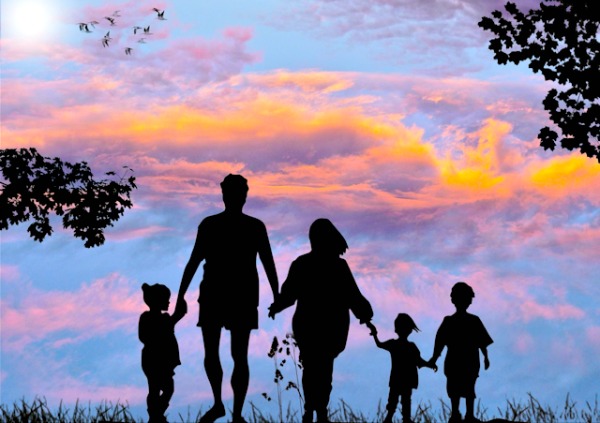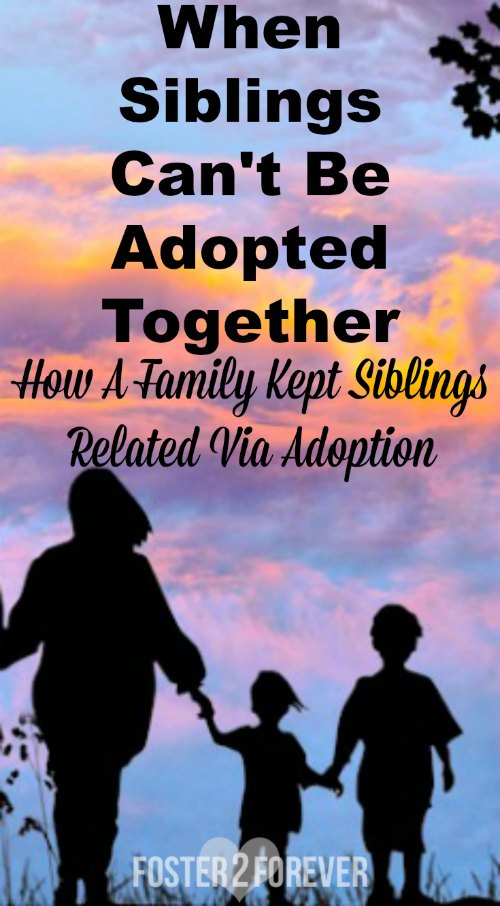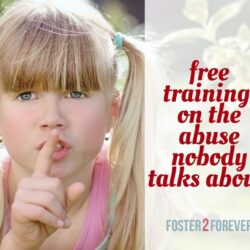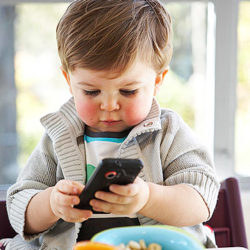What happens when a family can’t be adopting siblings? Saying no is a guilt-ridden decision that can affect children long-term. Keeping the biological bond through adopting siblings can help children navigate their adoptee identity together. This biological connection can help minimize adoptee grief as the children get older.
The Smiths faced that decision. After nearly two years of being foster parents to a baby boy, the Smiths finally adopted the young boy. After his adoption, the Smith’s family felt complete.
However, nearly four years later, the Smiths received a phone call they weren’t prepared for. Their forever son had siblings that needed a home!
Their son’s sisters moved in and the Smith family had to adjust to a larger family. However, parenting a home full of traumatized children began to take its toll on the Smith family. Realizing their limitations in raising children with numerous special needs, the Smiths were distraught about disrupting the placement of the girls with their biological brother.
Mrs. Smith’s sister, Shanna, had grown extremely attached to her foster nieces, and although Shanna already had four children, she just couldn’t bare the thought of never seeing her foster nieces again. Shanna said to her husband: “Babe…..please don’t say that I’m crazy…..but I really am pretty smitten with those girls!” Shanna was shocked when her husband responded that he felt the same way!
Siblings Adopting Siblings
Shanna and her husband leaped into the foster licensing process in order to keep the girls in their family, and in constant contact with their biological brother.
The Yoder’s have now become foster parents to their foster nieces. They hope one day to become the forever home to two little girls that can grow up as cousins with their biological brother. By adopting siblings, the children will grow up with a biological connection.






